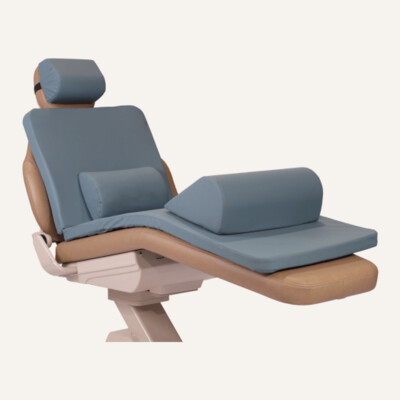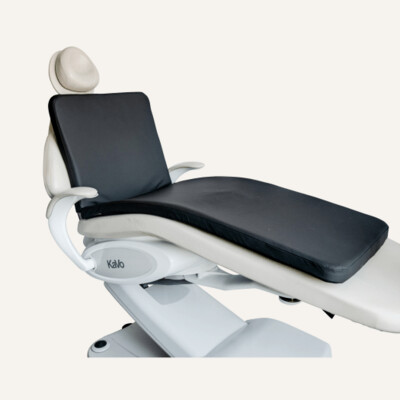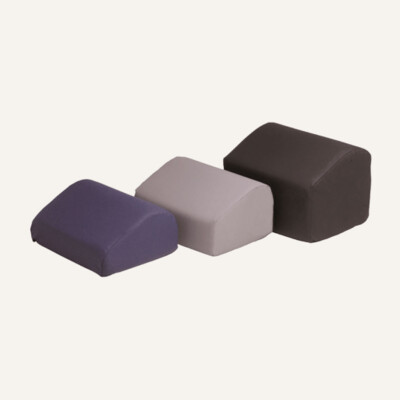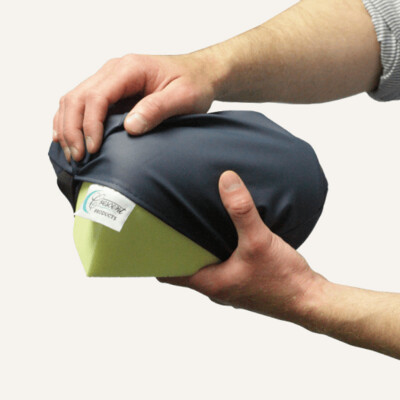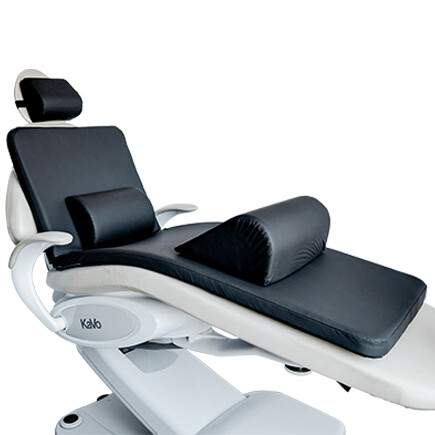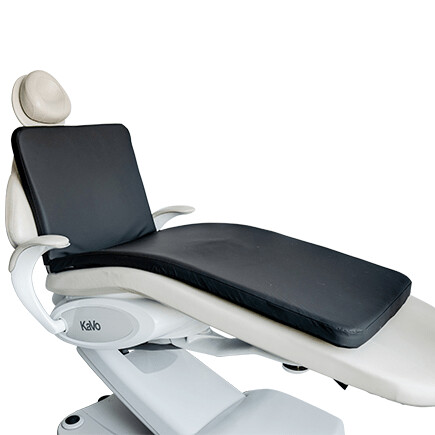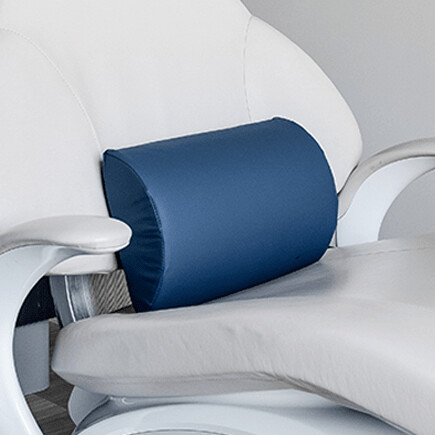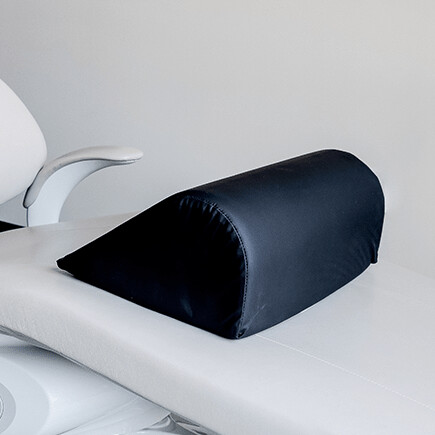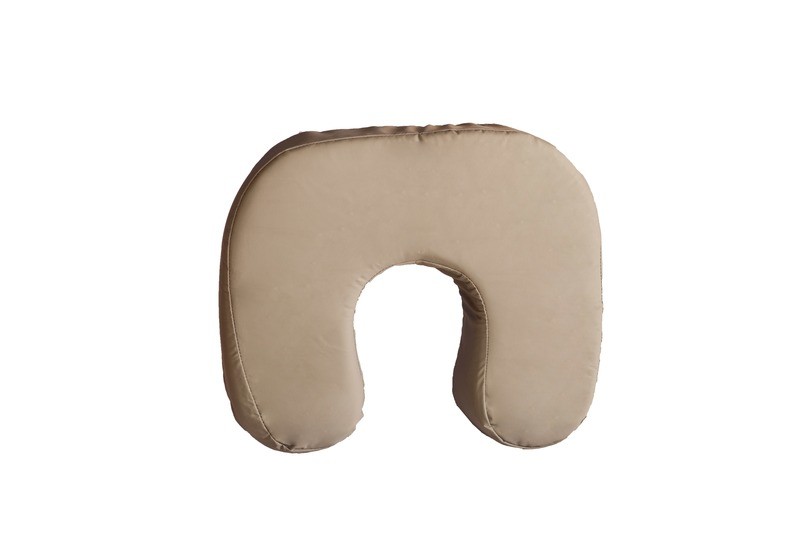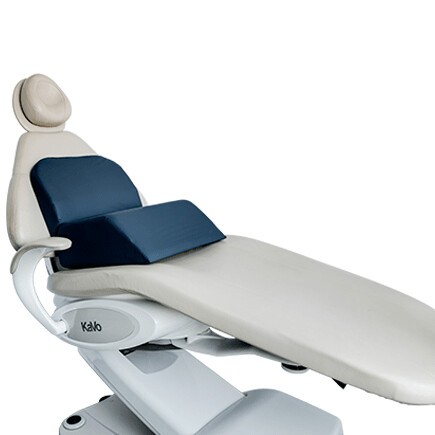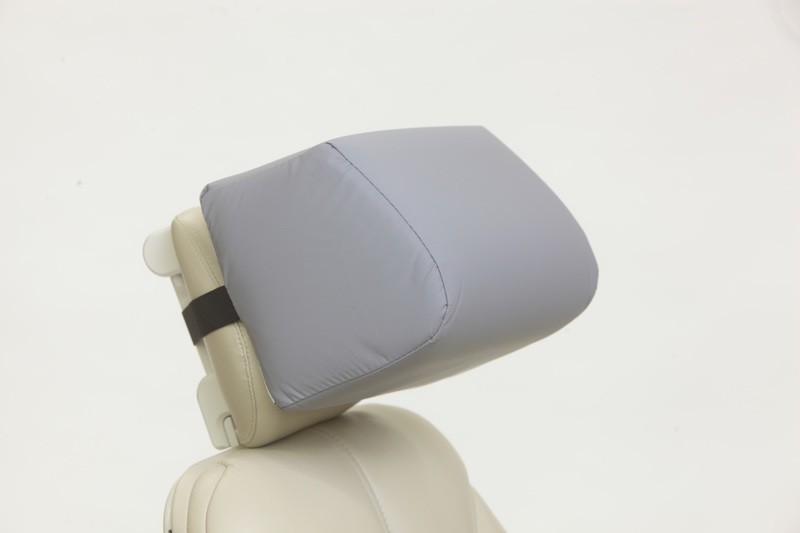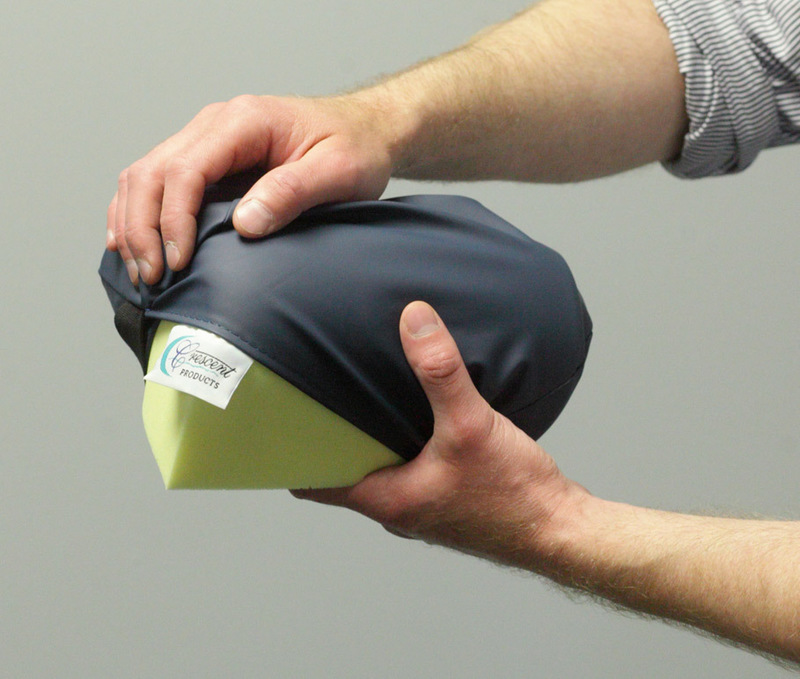Stress Reduction for Dental Providers: The Causes and Solutions

If you’re a dental professional struggling to cope with stress, know that you’re not alone. Most dental professionals suffer from excessive stress in their careers, and not all know how to overcome or reduce it. But there are ways for dentists and hygienists to reduce stress in their day-to-day lives, From self-care to time management, you can manage your workplace stress and achieve a healthier work-life balance.
Stress in Dental Occupations
The dental profession is one of the most stressful occupations. Dentists and hygienists are at a higher risk for developing stress and anxiety disorders than the general population. The job demands, long hours, and proximity to patients can take a toll on even the most experienced dental professional. According to the American Institute of Stress, dentists are in the top 10% of occupations that report high-stress levels. Many factors contribute to stress in the dental profession, including long hours, demanding patients, and the potential for physical injury.
There are several ways that dental professionals can reduce stress. First, it is essential to take care of your oral health. This will help you feel good about yourself and your ability to care for patients. Secondly, exercise regularly and eat a healthy diet. These lifestyle choices will help you maintain your energy levels and reduce stress. Finally, make time for relaxation and recreation outside of work. This will help you rejuvenate and decompress from the demands of your job.
The Adverse Effects of Dental Stress
Stress can have many adverse effects for dental providers, both mentally and physically. It can cause pain, lower your quality of life, shorten your careers, and increase our chances of becoming ill or developing other conditions. How does stress impact you? These are the major reported effects:
- Pain: Stress can cause physical pain, including headaches, backaches, and stomachaches. It can also make existing pain worse.
- Lower quality of life: stress can make it difficult to enjoy life and lead to depression, anxiety, insomnia, and other problems.
- Shorter careers: stress can lead to burnout, which can shorten careers. It can also make it challenging to perform at your best, leading to job dissatisfaction or even termination.
- Increased chances of illness and other conditions: stress weakens the immune system and can increase the risk of developing heart disease, obesity, diabetes, and other health problems.
Stress Mitigation Techniques for Dental Providers
There are several ways that dental professionals can reduce stress. It all begins with exercising regularly and eating a healthy diet. These lifestyle choices will help you maintain your energy levels and reduce stress. It’s also essential to make time for relaxation and recreation outside of work. This will help you rejuvenate and decompress from the demands of your job.
Stress is a common problem for dental professionals. There are several stress mitigation techniques that you can use to reduce stress levels.
- Stretching and exercise: taking time out for stretching can help reduce stress levels. Exercise releases endorphins, which have mood-boosting effects.
- Taking time away from work: It is essential to take some time away from work to relax and rejuvenate. Taking a vacation or even just a few days off can help reduce stress levels.
- Creating a more comfortable and relaxing work environment: small changes in the workplace can make a big difference in stress levels. Creating a more comfortable and relaxed work environment can help reduce Stress.
- Finding joy in the work that you do: one of the best ways to reduce Stress is to find joy in the work that you do. Dental professionals can often find joy in helping others achieve beautiful smiles.
Reduce Stress for Your Patients for Easier Work
Crescent Products dental chair accessories help keep patients calm and comfortable during treatment, making them easier for providers to treat and reducing the stress during appointments. Our products help you keep your patients calm, comfortable, and stable, providing you with the support you need to treat well.
